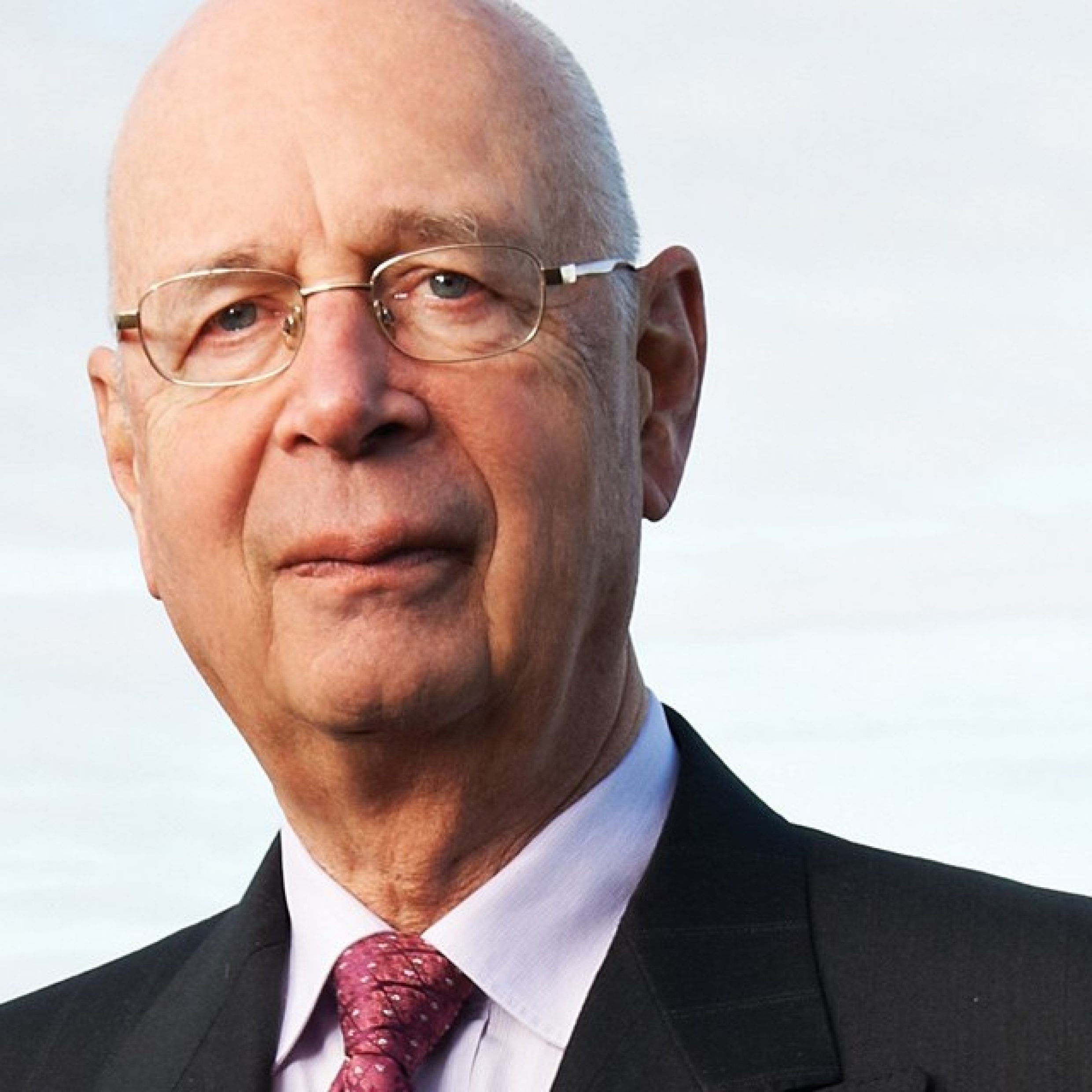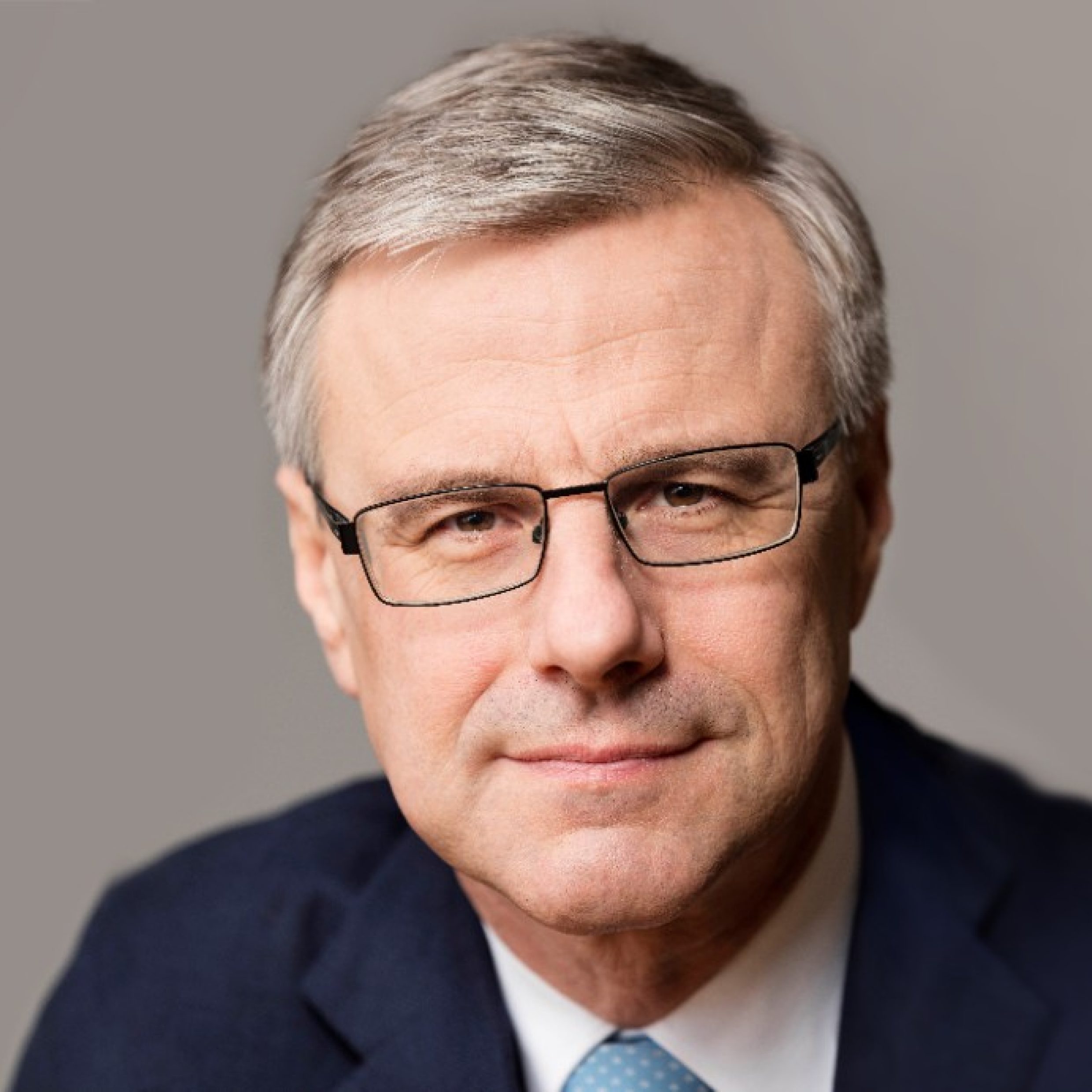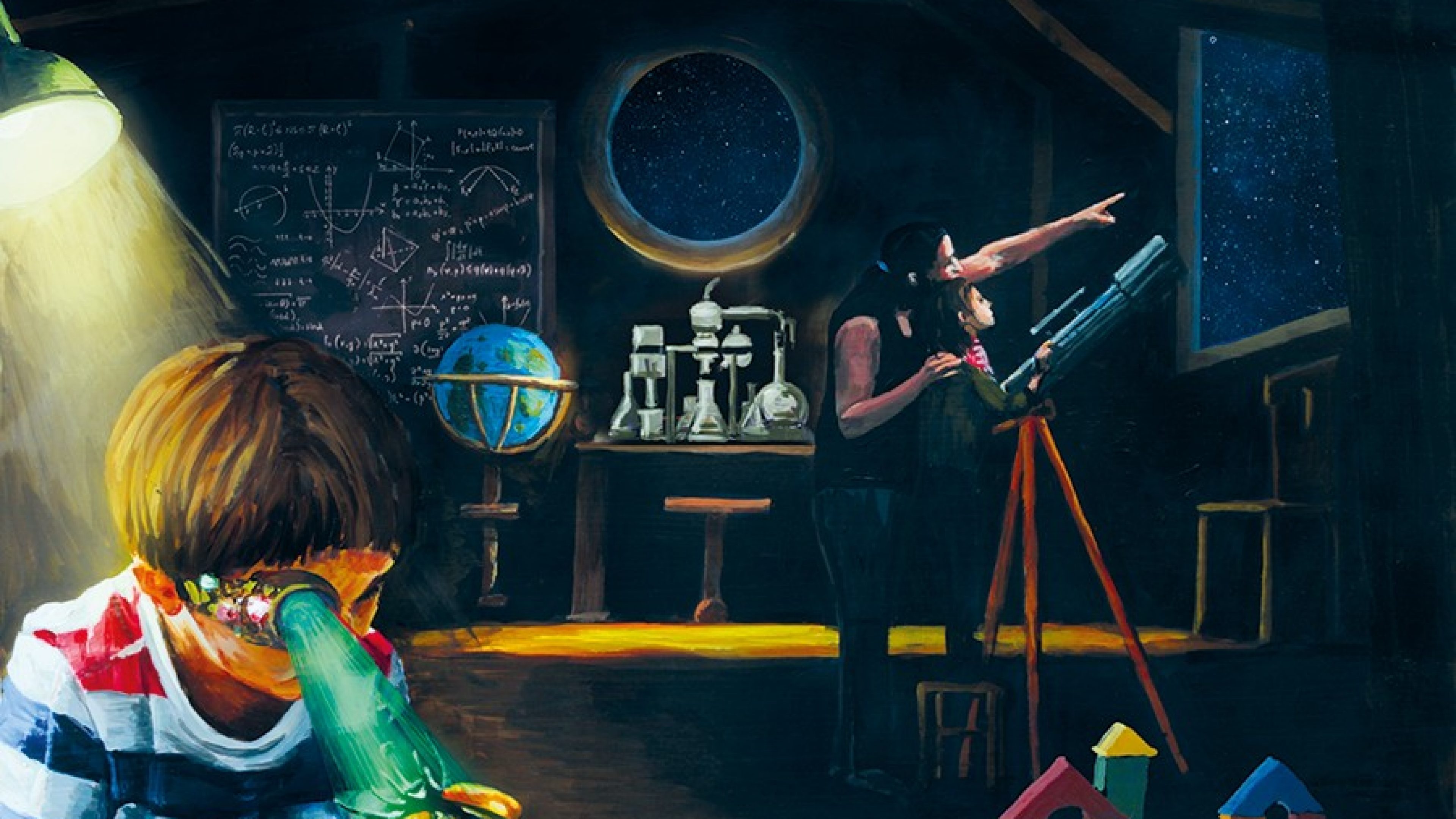What do Millennials consider the biggest problems in the world? What matters to them in work? Would they have a chip implanted to improve their performance? The Global Shapers Survey of the World Economic Forum, from 23 to 26 January in Davos provides the answers.
Half of the world’s population is under 35. Their values will have a lasting impact on our future. The “Global Shapers Survey” of the World Economic Forum, the world's biggest survey of Millennials, provides a unique insight into the hearts and minds of 18-35-year-olds. Over 31 000 young people from 186 countries took part in the survey. They answered questions about their values plus the areas of economics, politics and society, work and technology.
There is no ambiguity about what they see as the biggest global problem: climate change. Seven out of ten respondents believe climate change is linked to human activity, while only 2.6% expressed doubt. Millennials are also concerned about the possibility of major conflicts and social and economic inequality.
At a national level, they are mainly concerned about specific issues: corruption, inequality, economic opportunities, a lack of education and poverty. Not only is corruption by far the most pressing problem, it is also considered the main cause of inequality in their own countries.
There are, however, major regional differences: corruption was highlighted mainly for the Americas at 57.6 percent (Asia: 49.7%, Africa: 47.7 %). Europe stands out in this regard at just 30.2%. Inequality and ageing are seen as much more problematic in Europe.
An optimistic generation that feels unheard
Generally speaking, Millennials – across all continents and cultures – are positive about their future. Two-thirds believe the world is full of opportunity. Only one-third see it as a place of toil and difficulty. Those who look forward to the future appear unperturbed by the problems facing their respective continents as 71.5% are African (America: 68.4%; Europe: 67%; Asia: 61.6 %).
Moreover, nowhere do young people feel that they are taken seriously either politically or economically. 55.9% believe their opinion does not count or is only a minor consideration in taking major decisions. In Europe, as many as six of every ten respondents feel ignored by decision-makers.
Klaus Schwab, Founder and Executive Chairman of the World Economic Forum, argues that decision-makers need to pay more attention to the young: “We are becoming increasingly aware that solutions to our global challenges must purposefully engage youth, at all levels – locally, regionally, nationally and globally. This generation has the passion, dynamism and entrepreneurial spirit to shape the future.”

New understanding of work
The Global Shapers Survey also shows that Millennials in Europe want to see meaning in their work. They would like to work towards societal change. At least half of the respondents named that as the key criterion in selecting a job, instead of salary or career opportunities. Meaningful work is among the top three criteria for all continents when looking for work.
Alain Dehaze, CEO of Adecco Group, knows a lot about the needs and wishes of the Millennials. The recruitment company is a global leader in its field and places 700 000 people in 100 000 companies daily. “I am excited by the focus and ethics of the Millennials”, he says: “They strive for meaning and are driven by a sense of duty. As a result, they contribute to a better society. Millennials really want to work for organisations that share their values.”

The second-most important thing for Millennials in Europe is work-life balance. “They want more flexibility in their work so they can pursue their career vigorously while maintaining the right balance with their private life”, says Alain Dehaze. “Our job is to work with them and shape the professional world. That means we must not be guided solely by conditions but also by worthwhile incentives. Given the current upheaval in the working world, that should apply particularly to freelancers. The flexibility of freelancing appeals greatly to Millennials.”
New technologies? Of course.
Millennials worldwide take an impartial, even optimistic, attitude to new technologies. Over three quarters (78.6%) believe that they will create jobs instead of destroying them. Most believe that artificial intelligence will change our society the most, ahead of biotechnology and robotics.
There are, however, limits to young people's passion for technology. For example, only a minority would accept an implant in their brain or under their skin to improve their capabilities.
Moreover, young people are not exclusively positive about automation and robotics. Only three percent would trust a machine to make decisions in their name. Self-determination is therefore extremely important to Millennials in this respect.



